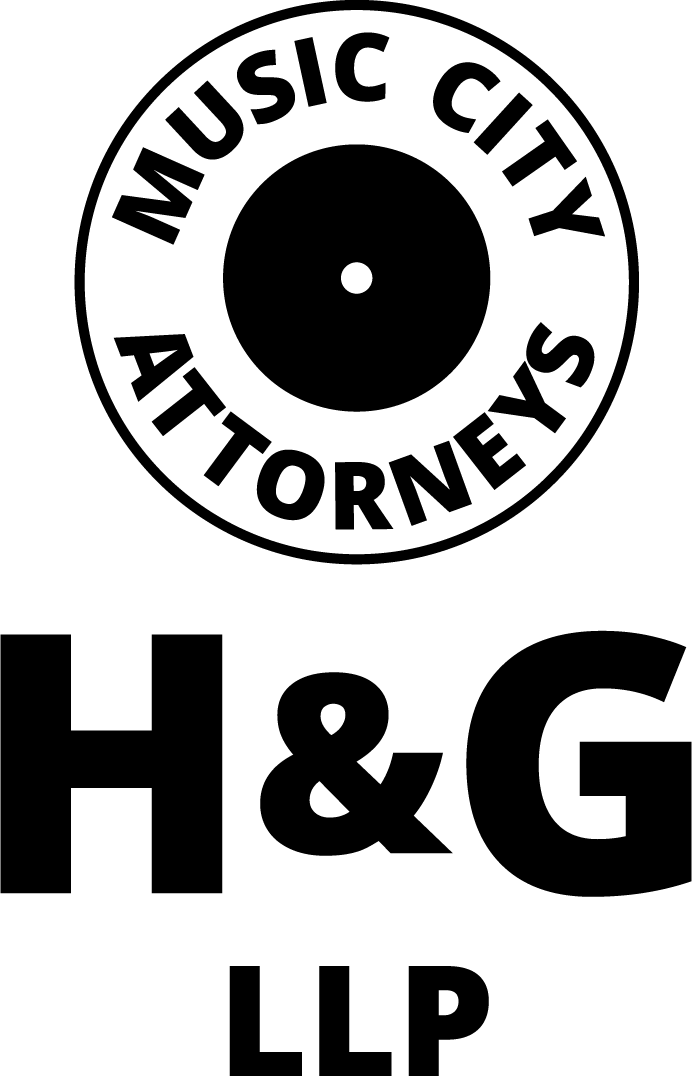Avoiding Key Legal Mistakes in Startup Companies: Part 2
Part two of our blog series on common legal mistakes made by startup companies focuses on the value of intellectual property and the important role it plays in initial business planning. Sensitivity to company branding is at a fever pitch. As a result, businesses devote a lot of time and resources towards coming up with a strong name and brand. After all, “45 percent of young persons expect more engaging experiences with brands.” However, a common mistake that startups make is worrying about business name and branding solely in relation to consumers. It is just as important to evaluate how your business name and brand relates to other businesses. Today, established businesses understand how valuable name and branding is, and they are quick to protect their intellectual property from any perceived threat.
2) Reflect on Proposed Business and Brand Names, Logos, and Domain Names
Brand names, logos, and domain names can be extremely valuable. These are generally referred to as non-patent intellectual property (NPIP), and apart from its personal importance to founders or investors, NPIP often determines whether a company will be able to successfully establish a strong presence within a certain market. Capitalizing on this market demand is substantially more difficult if the startup has weak intellectual property.
It is important to check whether the startup’s proposed NPIP is available and capable of legal protection while the company is still in its initial planning stages. For example, many states have databases of business entities operating within their jurisdiction. These databases are available for the public to use in order to determine whether a proposed business name is potentially available for use. See here for Tennessee’s Business Entities database. Performing these types of checks ensures that the startup does not subject itself to costly re-branding or re-designs should a proposed company name, brand name, logo, or domain name already be taken. This also mitigates the possibility that the startup will be subject to a lawsuit by another company already holding a brand name or logo which is similar to the startup’s.
Claiming ownership of brand names, logos, and domain names gives the startup the opportunity to use such intellectual property in selling or marketing its products or services. In addition, the startup will be better positioned to prevent competitors from offering similar products and services by using any of the startup’s intellectual property. In order to maximize protection, a startup should file to protect its intellectual property, specifically its NPIP. This includes taking advantage of a state’s business name reservation procedure, such as Tennessee’s mechanism for LLCs found here, and the U.S. Patent and Trademark Office’s registration offerings.
For more information about trademarks, see our blog on trademark basics as well as our series on the most common trademark questions.
Check out the whole series: Part 1, Part 2, Part 3, Part 4, Part 5, Part 6, Part 7, and Part 8.
Contact us today see how we can help your business manage its intellectual property!
*The material and information in this blog is for general informational purposes only. In no way is this information to be construed as legal advice for a particular situation.*

